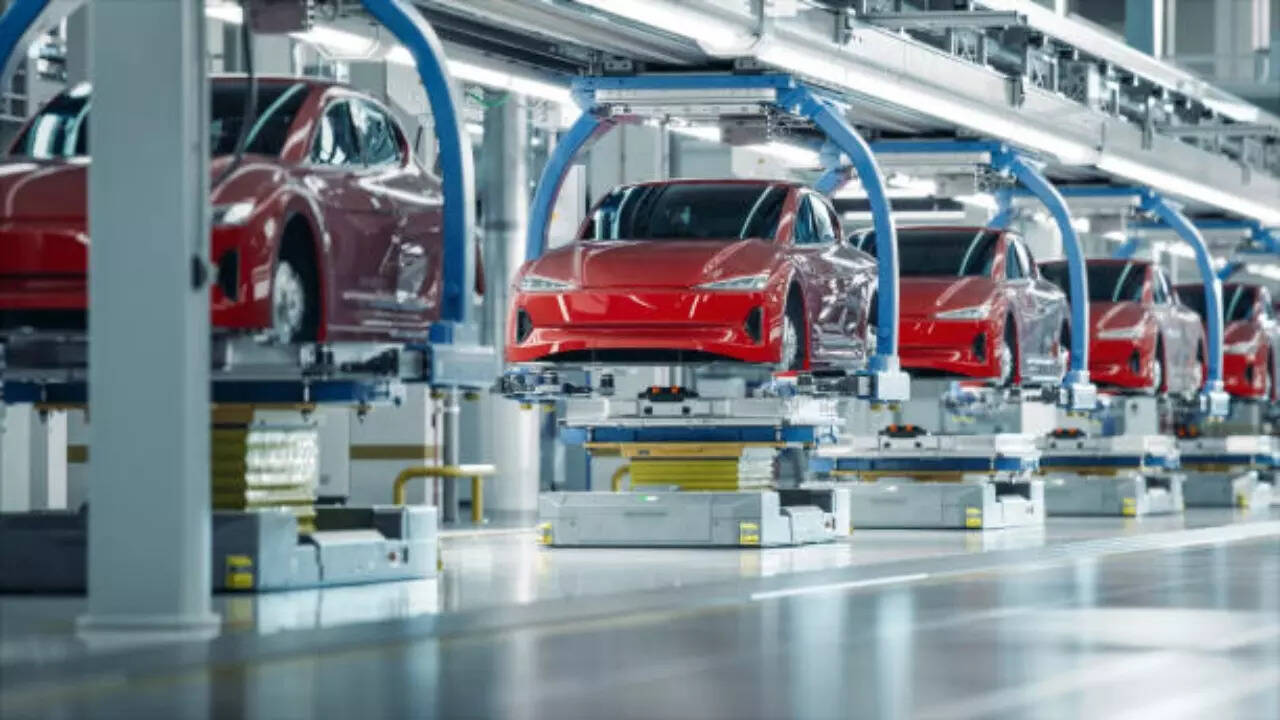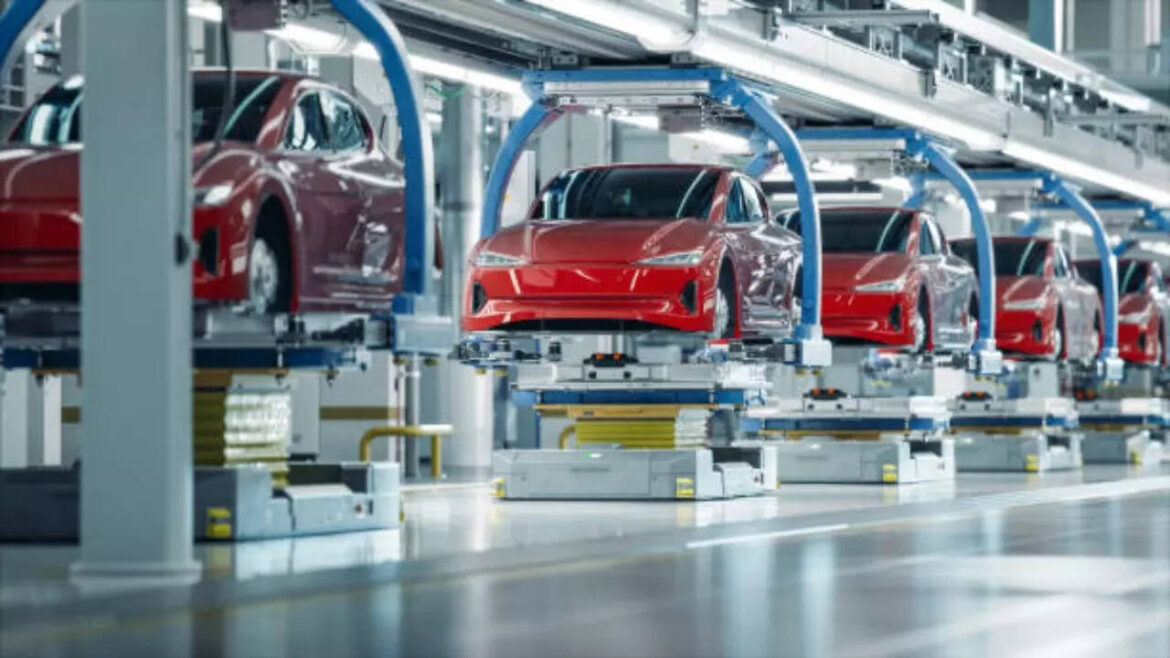
From Farmland to “Little Tokyo”: How Japanese Auto Giants Are Transforming a Gujarat Town (Representative image)
Photo : iStock

Vithalapur (Gujarat): A small, dusty town in Gujarat is rapidly changing as Japanese companies invest and turn it into a busy industrial hub. The town has seen a spike in ramen restaurants and sushi bars, as it looks to cater to the needs of Japanese expats, though strict vegetarian culture and alcohol bans remain challenges.
Once farmland, Vithalapur, about 75 km east of Gandhinagar, is now home to major Japanese auto giants. Honda set up its motorcycle plant here nearly a decade ago, while Suzuki’s facility, which began operations eight years ago, rolled out its first electric cars this August. Several auto component makers and other Japanese companies have followed suit.
Japan’s direct investment in India touched $2.5 billion in the financial year ending March 31, a 27% jump over four years, with much of it flowing into the auto and electronics sectors, Reuters reported.
With the influx of Japanese professionals on multi-year contracts, businesses catering specifically to them are booming. Hotels like Mizuki Ryokan and Midori now line Vithalapur’s highways, while global chains like Hyatt are preparing to open a 108-room property later this year, the report further said.
For many Japanese expats, however, moving to Gujarat – Prime Minister Narendra Modi’s home state – comes with significant cultural adjustments. Strict vegetarian practices among Gujaratis and a state-wide alcohol ban (with limited exceptions for foreigners) pose daily challenges.
As per the report, initial attempts by Japanese workers to settle in regular housing in nearby cities often failed because of the lack of easy access to meat and seafood. That led to the creation of dedicated spaces like the 110-room AJU Imperial (All Japanese Utility), designed to make Japanese professionals feel at home.
“We wanted to give people the comfort of place and food so they can focus on work,” said Prakash Yadav, founder and managing director of AJU Imperial, which hosts around 100 expats at any given time. The hotel offers signage in Japanese, sushi made with fish imported from as far as Australia, and even Toto washlet toilets — a luxury by Indian standards.
However, Gujarat’s strict liquor laws remain a major hurdle. Foreigners and hotels need special government permits to serve or buy alcohol, which involves lengthy approvals and strict monthly limits.
“Until we get a license, guests have to drive three hours to Ahmedabad city to buy their monthly stock,” Yadav said, adding that he has been waiting for a liquor permit since 2019 to set up a store inside the hotel.
Despite these challenges, Vithalapur’s rise as a Japanese manufacturing hub shows the success of India’s push to attract foreign investment and boost domestic manufacturing — a key plank of the Modi government’s economic strategy.


AloJapan.com